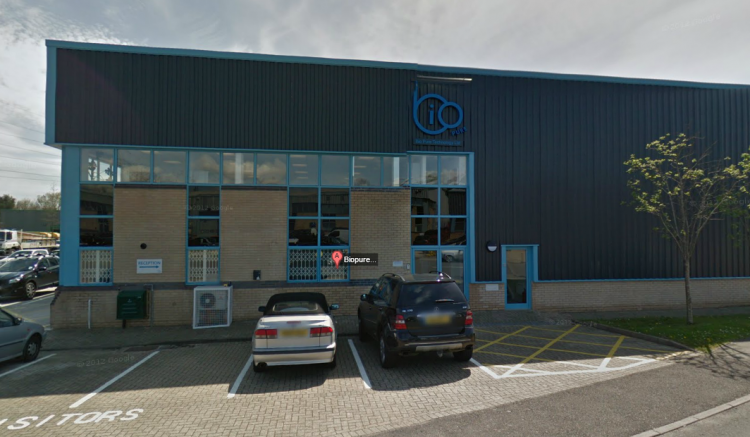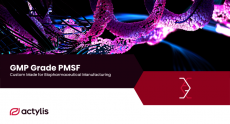Watson-Marlow buys Bio Pure for Biopharma business

WMPG – which paid £8.5 ($14m) for UK based Bio Pure last month, with the money being provided by parent company Spirax-Sarco Engineering – cited potential synergies and the existing “positive commercial relationship” between the two firms as the driver for the deal.
Company marketing manager Mike Sullivan told BioPharma-Reporter.com the two firms are a "perfect fit."
"We make pumps and high purity biopharmaceutical tubing, BioPure specialises in the design manufacture and supply of single-use bioprocessing components, fluid path connectors and components" adding that "We need to connect to systems they supply the means to do so."
Sullivan added that deal is an opportunity for expansion and growth, explaining that WMPG's "sales strength and exposure, the geographic network that we have and the direct sales channels will boost BioPure's exposure and drive the sales."
WMPG entered the biopharmaceutical technologies market in 2008 when Spirax Sarco – a specialist in the control of steam and industrial fluids – bought Denmarks’ Flexicon A/S for DKK 141m (€18.9m) through its subsidiary Watson-Marlow Bredel (WMB).
That deal bolted Flexicon’s range of peristaltic aseptic filling systems to the existing WMB range of peristaltic pumps for dispensing applications.
Pharmaceutical business
News of the acquisition followed just days after Spirax Sarco announced that it had successfully completed an engineering project at a site operated in Morpeth, Nurthumperland by drugmaker Piramal Healthcare.
Spirax said that using its technologies to remove condensdation for tablet production areas had reduced tablet drying times on steam-heated ovens.
“The temperature control on the ovens was previously ±5oC, but now it’s accurate to ±0.5oC,” said engineer Paul Lunn. “We don’t know exactly how much we’re saving, but we know that the improved control must be saving energy because it’s reducing the drying time."













